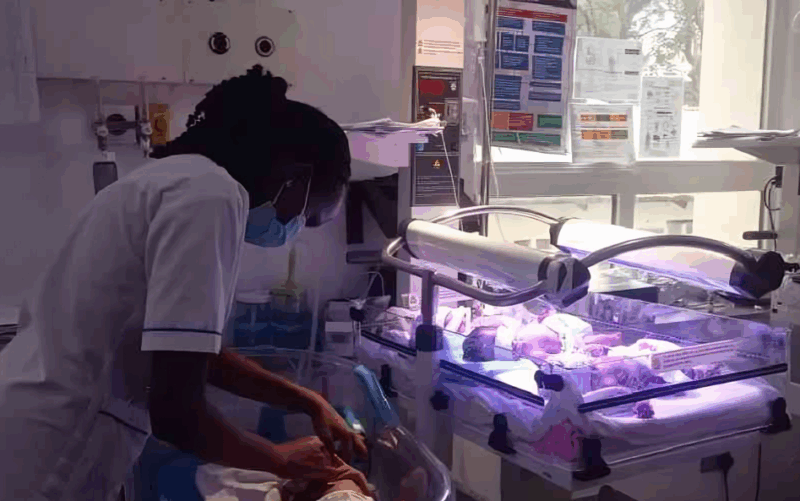
David McIntosh Echoes Denis Oduor: Four Times More Blood Needed to Save Lives
David McIntosh, Founder and Chair of United Plasma Action, shared a post by DENIS ODUOR on LinkedIn:
”UNNECESSARY DEATHS CRISIS
This post from Denis Oduor is well worth reposting and reposting –
UNTIL HEALTH AUTHORITIES, GLOBALLY, HAVE ACTED ON THE MESSAGE.
Denis, quite rightly, focuses on the sad situation in Kenya. There’s certainly much still to be done there.
However, the message is the same across 90% of countries worldwide.
Blood shortages are causing hundreds of thousands of unnecessary deaths every year.
Many hard-working, well-intentioned people and organisations are doing sterling work to try to correct the situation – but they can’t do it alone.
National Governments’ health Authorities, and International bodies, like the WHO, have a duty to redouble their efforts.
The World doesn’t just need a little more blood to keep people alive. We need about four times as much as is currently available –
FOUR TIMES AS MUCH. PLEASE.”
Quoting DENIS ODUOR’s post:
”The Standard’s Newspaper Article on Health & Science spotlight lays bare a painful truth: postpartum haemorrhage (PPH) remains one of the deadliest threats to mothers in Kenya.
A moment meant for celebration too often turns into an emergency where clinicians must fight to keep a mother alive.
In Kenya, over 6,000 women lose their lives every year due to complications linked to excessive bleeding after childbirth. Behind every statistic is a family forever changed, a newborn who may never feel a mother’s embrace, and a community carrying the weight of preventable loss.
This story is a powerful reminder of why we must continue strengthening maternal health systems, expanding access to emergency obstetric care, and investing in innovation, training, and community awareness.
But there is another silent crisis we must address: blood shortages, especially during holidays when donation rates drop sharply.
At the very time when hospitals experience increased emergencies — including PPH — our blood banks run dangerously low. A mother facing severe bleeding cannot wait; without readily available blood, even the best-trained clinicians are left helpless.
No mother should face death at the moment she brings life into the world — not because the system failed her, and certainly not because there was no blood available.
Read the full article here.”

Stay updated with Hemostasis Today.
-
Feb 20, 2026, 17:35Wolfgang Miesbach: Plasma FIX Is Only Part of the Story In Haemophilia B
-
Feb 20, 2026, 17:27Sheharyar Raza: Examining Guideline Discordance in Evidence-Based Apheresis Recommendations
-
Feb 20, 2026, 17:23Barbara Mora: Newly Discovered EPO Gene Intronic Variant as a Cause of Congenital Erythrocytosis
-
Feb 20, 2026, 16:48Miguel Brito: Newborn Screening and Challenges in Follow-Up Care for Sickle Cell Disease in Angola
-
Feb 20, 2026, 16:41Uche Kennedy: Hemophilia Care Needs Systems Reform, Not Short-Term Fixes
-
Feb 20, 2026, 16:33Sonal Sonu: Real Clinical Maturity is Knowing When to Stop
-
Feb 20, 2026, 16:27Clear Recommendations for Daily Management and Family Support in Hemophilia A – WFH
-
Feb 20, 2026, 15:56Alan Nurden: Highlighting the Role of Activated Platelets in Heart and Kidney Complications of Diabetes
-
Feb 20, 2026, 15:51Domenico Girelli: Continuing Commitment to Rare Disease Research

